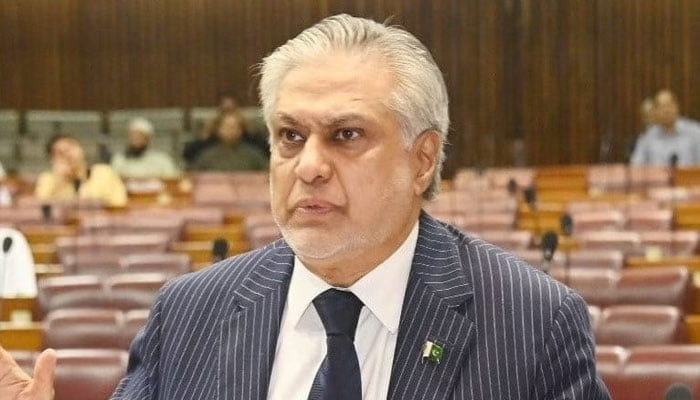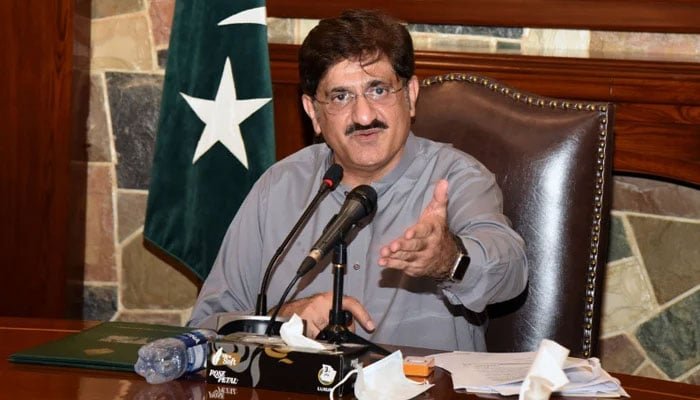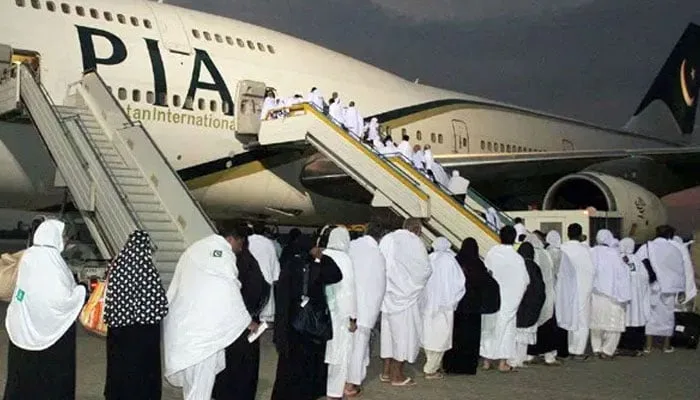In a significant development on regional diplomacy, Pakistan’s Deputy Prime Minister and Foreign Minister Ishaq Dar has stressed the importance of peace, dialogue, and mutual cooperation in South Asia, particularly highlighting the country’s evolving relations with Afghanistan and India.
Speaking to reporters, Ishaq Dar called on Afghanistan not to allow its territory to be used for terrorist activities against neighboring countries, especially Pakistan. He emphasized that preventing cross-border terrorism remains a critical concern for regional stability and security. “Afghanistan should ensure its soil is not used for terrorism,” he stated firmly, echoing Pakistan’s long-standing security concerns related to terrorist groups operating across the porous border between the two nations.
Dar shared that there has been recent progress in diplomatic engagements between Pakistan and Afghanistan. He revealed that China had played a constructive role in promoting regional peace by facilitating dialogue between the two neighbors. During a visit on April 19, Chinese officials not only encouraged improved relations but also urged Afghan authorities to prevent their territory from being misused by terror outfits.
The good news is that we are now seeing positive developments from the Afghan side,Dar said, suggesting that both countries are finally moving toward a more stable and constructive bilateral relationship. He added that, in principle, Pakistan and Afghanistan have agreed to restore full diplomatic presence by exchanging ambassadors, which would mark a major step forward in rebuilding formal diplomatic ties.
This restoration of ambassadors reflects an intent to move past the tense episodes of recent years, particularly following the Taliban’s return to power in Afghanistan. Dar did not provide a timeline but said that the decision had been mutually agreed upon and would soon be implemented.
On the matter of broader regional diplomacy, Ishaq Dar also touched upon relations with India, particularly in light of recent tensions and longstanding disputes such as the one over Kashmir. In a clear yet measured message, he reiterated Pakistan’s desire for peace but also urged India to approach dialogue with sincerity and openness.
“Our message to India is simple: honor lies in making peace,” he stated. Referring to the controversial Pahalgam incident—without going into details—Dar suggested that Pakistan’s transparency and willingness to investigate were clear indicators of its commitment to responsible diplomacy. “If we had anything to hide regarding Pahalgam, we wouldn’t have offered to conduct an open inquiry,” he asserted.
Dar’s comments reflect Pakistan’s evolving foreign policy stance, where pragmatism and diplomatic engagement are taking center stage. At a time when regional instability, economic pressures, and shifting alliances are redefining global and regional priorities, Pakistan’s renewed focus on restoring ties with its immediate neighbors is being viewed as a strategic recalibration.
Observers note that the restoration of diplomatic ties with Afghanistan, in particular, could significantly help Pakistan address security challenges along the western border. Enhanced engagement could also help resolve issues related to refugee management, trade, and cross-border movement.
At the same time, reaching out to India with a message of peace—despite ongoing hostilities and deep-seated distrust—underscores Pakistan’s interest in shifting the focus from confrontation to cooperation. Whether this will be reciprocated by New Delhi remains to be seen, but the overture marks a noteworthy moment in Pakistan’s foreign policy narrative.
The emphasis on dialogue over discord, and diplomacy over aggression, appears to be gaining traction in Islamabad. With regional tensions and global realignments unfolding rapidly, Pakistan’s leaders seem eager to stabilize their immediate environment, starting with those countries with which it shares deep historical, cultural, and geographical ties.
As the world watches closely, the coming months may prove decisive in determining whether these diplomatic overtures translate into real, long-term partnerships or remain hopeful rhetoric in a region still scarred by conflict and mistrust.



